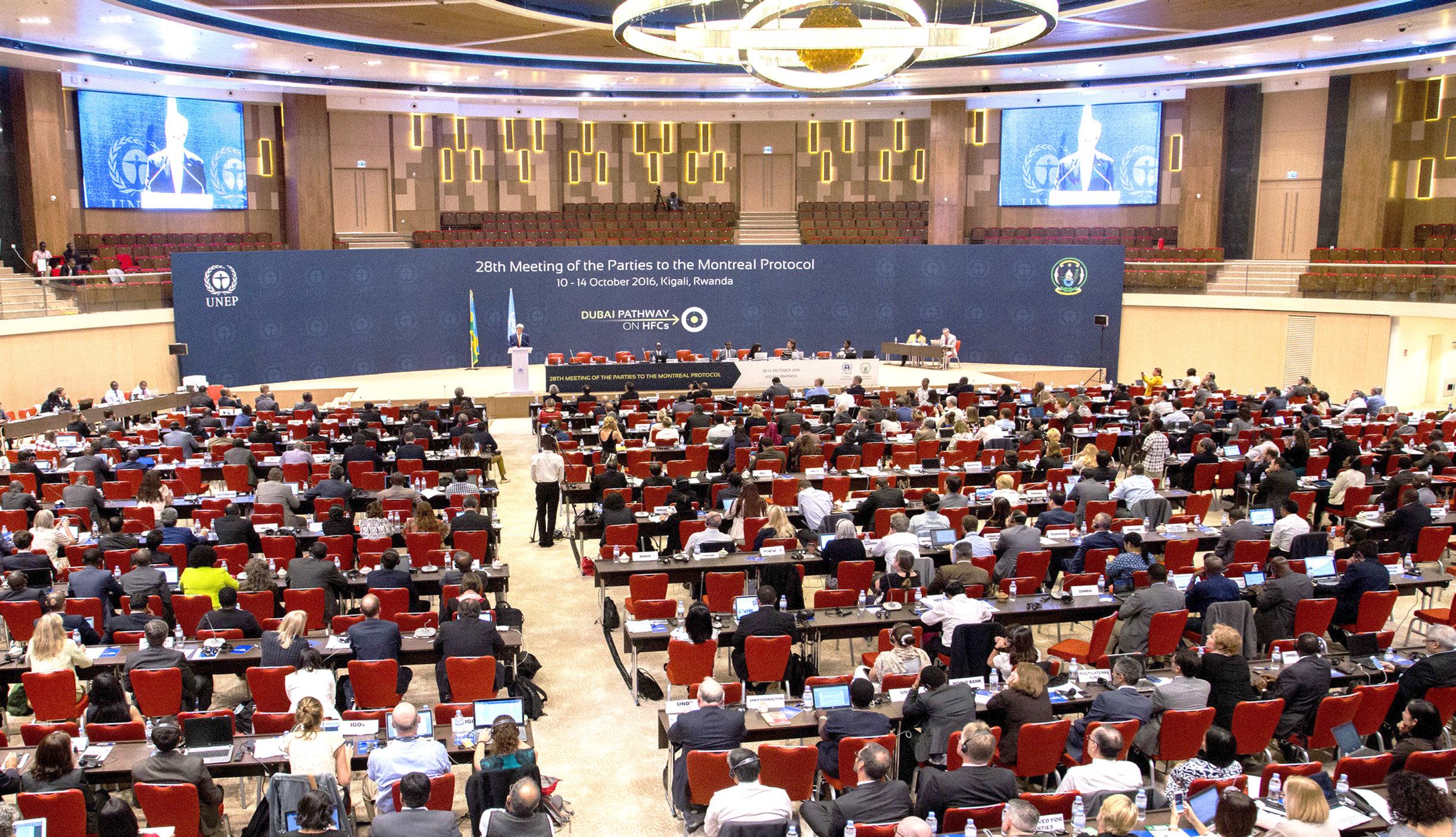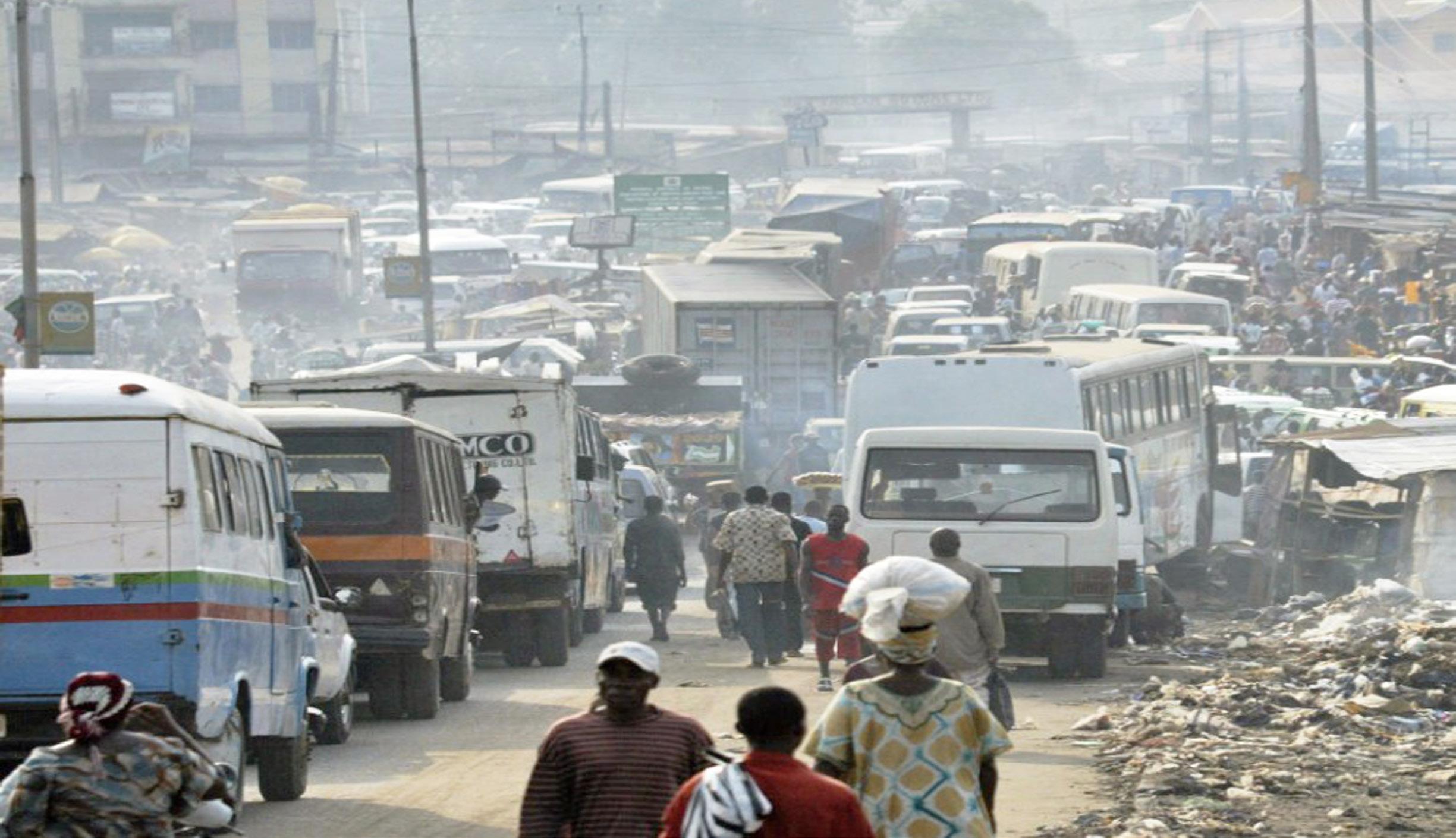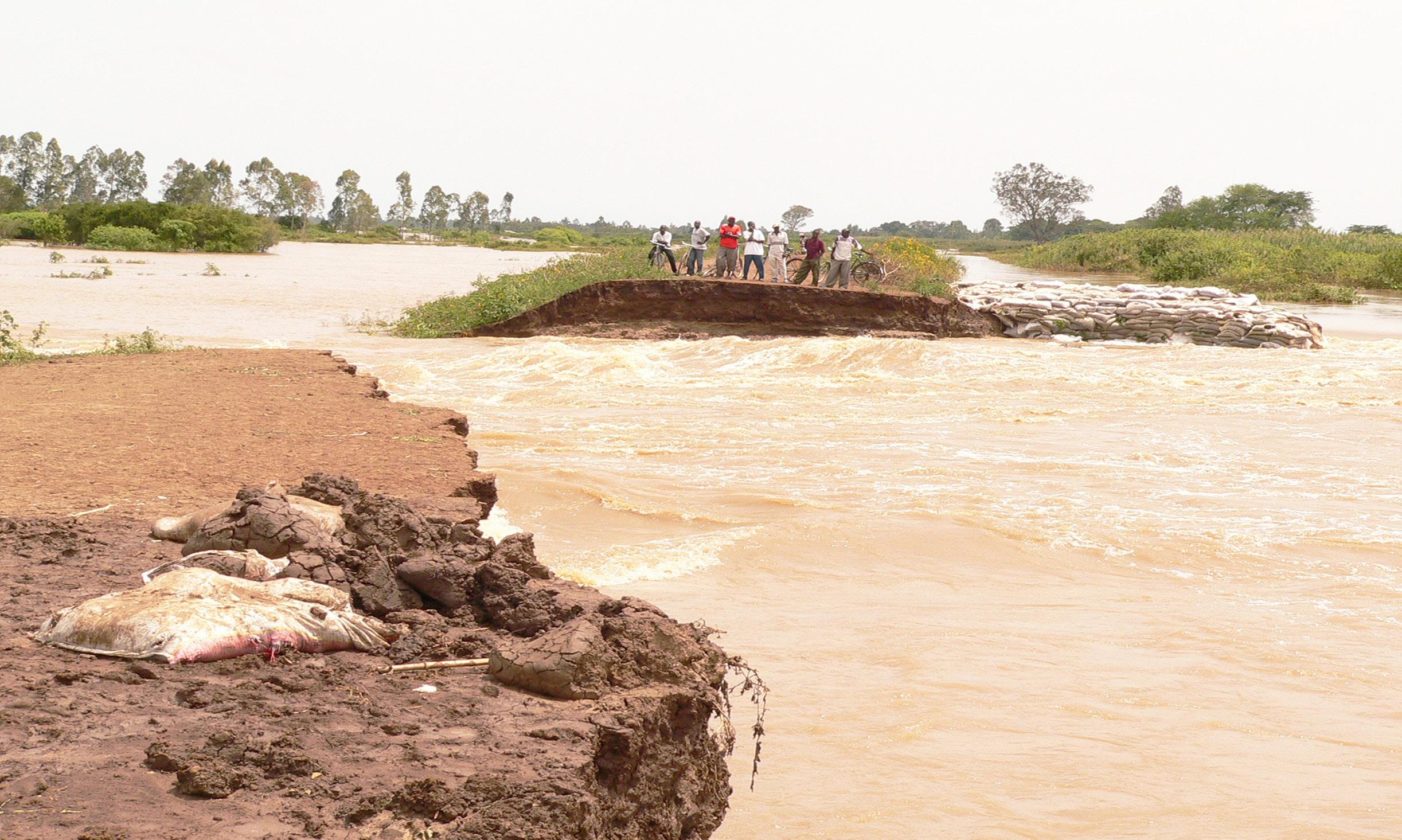
6 minute read
Njeri Kabeberi Appointed Executive Director for Green Peace
GREENPEACE AFRICA:
Appointed Njeri Kabeberi Executive Director
Advertisement
Kenyan born Njeri Kabeberi has been named Executive Director for Greenpeace Africa after an extensive search for someone with a combination of skills required to drive the organisation towards a people-powered movement.
The Greenpeace Africa Board said Africans are hungry for a fresh story projects a better take on nature, humanity, livelihoods, their future and their connection to the earth. “It was critical to find someone who embodies passion, activism and understands the context of environmental justice in Africa, and we are confident that Njeri represents that,” said Greenpeace
Africa Board Chair Brian Kagoro. Greenpeace currently runs campaigns on four key issues on the continent: to protect the Congo Basin from large scale deforestation, stop overfishing in west Africa, promote ecological farming in the horn of Africa as well as demand a shift from fossil fuels to renewable energy sources in South Africa in order to reverse the impacts of climate change.
With a long history in human rights activism, Njeri will be leading Greenpeace Africa into a new wave of environmental justice for Africans by Africans.
“We will continue to work on our flagship campaigns but more so, we shall be working closely with communities to ensure that our campaigns speak to the local realities on the continent and can effect change in the day to day life of our people,” said newly appointed Njeri Kabeberi.
“Africa has a major role to play in the global efforts to reverse climate change, protecting its vast natural forest and safeguarding its rich ocean resources is centre to the continent’s contribution in averting the catastrophic effects of climate change.
It is important that the continent works together to push for an end to illegal logging, unsustainable fishing and a shift from industrial agriculture to ecological farming to ensure that our biodiversity is protected,” added Ms Njeri. Ms Njeri joins Greenpeace after serving as chief executive officer of the Civil Society Reference Group and as the immediate former executive director of the Centre for Multiparty Democracy. She is also a member of the board of advisors of the International Institute for Democracy and Electoral Assistance (Idea) and chairs the board of the International Centre for Policy and Conflict.
Ms Njeri is passionate about social justice and women’s rights, and in 2010, amongst others, received the ILO Wedge Award. She also has extensive INGO leadership and management experience and was on the Board of the Kenya Human Rights Commission for many years. Njeri will be leading Greenpeace Africa into a new wave of environmental justice for Africans by Africans
Ms Njeri Kabeberi
Source: http://www.nation.co.ke/news/ Njeri-to-head-Greenpeace-Africa-/10563394258-11222x3/index.html





EU - WWF:
Conserve Rwenzori Mountains National Park with local communities
Through various interlinked interventions, tourism promotion and environmental conservation, the project aims to restore the integrity of the Rwenzori Mountains, conserve its biological biodiversity, as well as support the improvement of livelihoods of the vulnerable communities bordering the National Park.
The European Union (EU) and WWF Uganda Country Office has partnered to implement a project called “Sustainable Financing of the Rwenzori Mountains National Park (SFRMNP)”.
The project aims to promote Community Based Tourism and development of new tourism products to increase revenue for the rural poor living close to Rwenzori Mountain National Park (RMNP). The project is co-funded by EU and French Facility for Global Environment (FFEM) and implemented by WWF Uganda Country Office.
So far, through the project’s intervention, three community groups have been supported in the area of capacity strengthening and have also been offered financial support to boost their tourism based activities.
Celebrating World Environment Day in style with Kinyara Sugar






Rwenzori Mountains National Park

The Rwenzori Mountains National Park covers nearly 100,000 ha in western Uganda and comprises the main part of the Rwenzori mountain chain, which includes Africa’s third highest peak (Mount Margherita: 5,109 m). The region’s glaciers, waterfalls and lakes make it one of Africa’s most beautiful alpine areas. The park has many natural habitats of endangered species and a rich and unusual flora comprising, among other species, the giant heather.
The park has many species that are endemic to the Albertine Rift system, and there are several endangered species in the park. It has a high diversity of plants and trees. The park is noted for its botany, which has been described as some of the most beautiful in the world There are five distinct vegetation zones in the park, which change according to changes in altitude. The park has 89 species of birds, 15 species of butterfly, and four primate species. The park’s wildlife varies with elevation, and its species include the forest elephant, chimpanzee, hyrax, black-and-white colobus, L’Hoest’s monkeys, duiker, and Ruwenzori Turaco.
One of the beneficiaries of this fund is Busongora Joint Farmers Association, a group of 516 coffee farmers from the frontline communities bordering the Rwenzori Mountains National Park in Kasese district.
The members of the association have been trained in good agricultural practices to improve their coffee yield, value addition and diversification into coffee tourism; a shift from their traditional joint coffee processing and Marketing. They now boast of a new tourism product “The Rwenzori Coffee Experience”
Through various such interlinked interventions, tourism promotion and environmental conservation, the project aims to restore the integrity of the Rwenzori Mountains, conserve its biological biodiversity, as well as support the improvement of livelihoods of the vulnerable communities bordering the National Park.
As part of its activities, the project is also piloting a Payment for Ecosystem Services; a sustainable financing and conservation scheme where land owners are rewarded by the private sector that rely on the region’s ecosystem for improving land management practices which as a result also improve the water quality and quantity in the region. In this regard, a hydrological and Agronomic study was carried out to inform on the water quality and quantity of the main rivers in Kasese (Mubuku and Nyamwamba).
The study recommended best practices that should be adopted by farmers upstream for better land management. In addition, companies in Kasese District that are reliant on the district ecosystem, especially Hydropower companies, are already contributing to the catchment management efforts implemented by WWF and other partners. More companies are expected to join in and offer valuable support to this initiative.
The project (SFRMNP) is implemented in partnership with Uganda Wildlife Authority (UWA), Uganda Tourism Board, National Environmental Management Authority (NEMA) and Kasese District Local Government.






